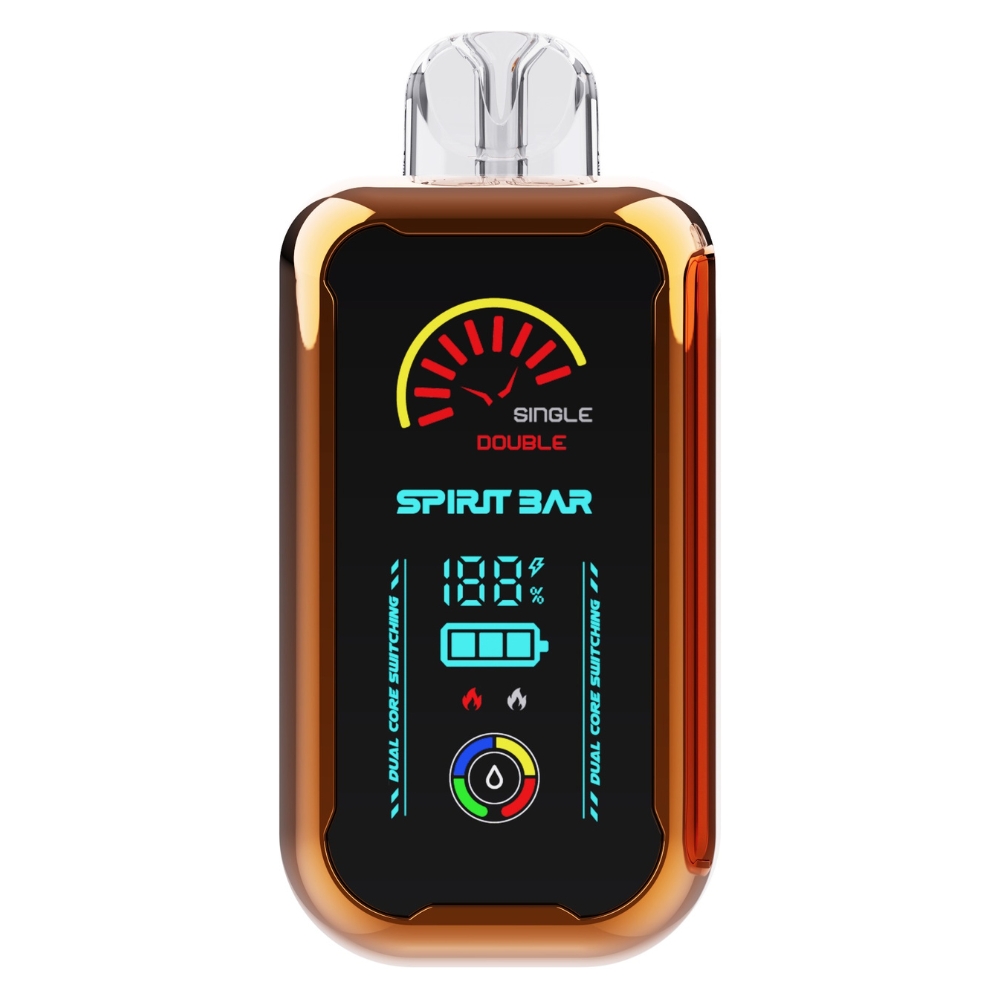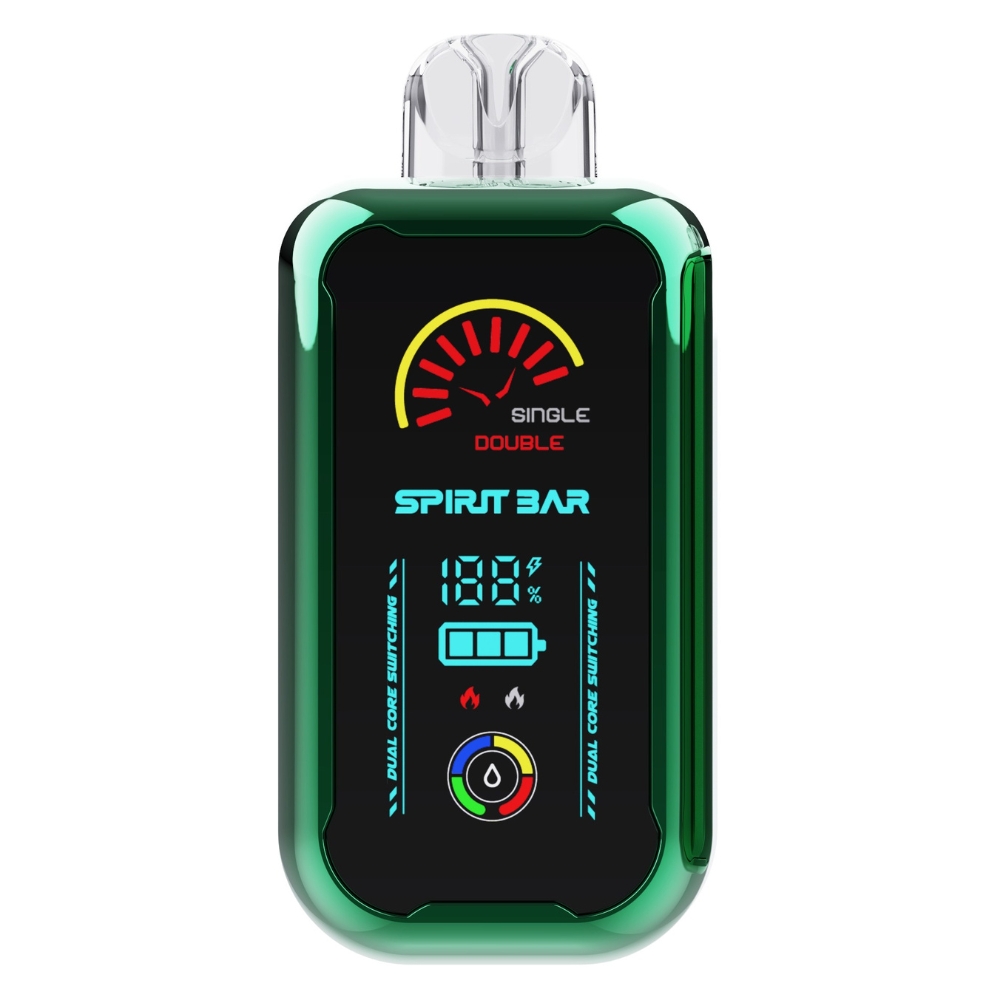Are They Banning Vapes in the US? Latest Updates and News
Are they banning vapes in the US? The short answer is yes, but it’s a bit more complicated than that. Vaping has become increasingly popular in the United States over the past decade, especially among young people. However, concerns about the health risks of vaping have led to various attempts at regulation and even outright bans in some states.
One of the most significant developments in the regulation of vaping products came in 2021 when the FDA effectively banned millions of vaping products. The ban was aimed at flavored nicotine liquids, which have been particularly popular among young people. The decision was controversial, with some arguing that it unfairly targeted a relatively safe alternative to traditional cigarettes. However, others pointed to the potential health risks associated with vaping, including lung damage and addiction.
As of now, several states have banned or restricted the sale of flavored vaping products, and more are considering similar measures. Additionally, there are ongoing debates about how to regulate the marketing and sale of vaping products, with some arguing that they should be treated like traditional tobacco products. Overall, the future of vaping in the US remains uncertain, and it’s likely that we’ll continue to see changes in regulation and policy in the years to come.
Current State of Vaping in the US
https://www.youtube.com/watch?v=UR_DYtp5564&embed=true
You might be wondering about the current state of vaping in the US. Well, the answer is not straightforward. The laws and regulations regarding vaping in the US are complex and vary from state to state.
According to Addiction Group, no state has entirely banned vape sales. However, many states have banned flavored vaping products. In addition, the Preventing All Cigarette Trafficking (PACT) Act was amended to include new regulations regarding the delivery and sales of electronic nicotine delivery systems (ENDS), which include e-cigarettes and vapes. This means that any person or business that sells, transfers or ships for profit any ENDS in interstate commerce must now register with the Bureau of Alcohol, Tobacco, Firearms, and Explosives (ATF).
Recently, the Food and Drug Administration (FDA) moved to ban the sale of Vuse Menthol Vapes, which are top sellers with an estimated $1.6 billion in annual sales, according to The New York Times. R.J. Reynolds, the company that produces Vuse Menthol Vapes, has vowed to fight the ruling in court.
It’s worth noting that although vaping is legal in the US, it has been linked to several health risks, including lung damage, heart disease, and cancer. Therefore, it’s important to be cautious when using these products and to consult with a healthcare professional if you have any concerns.
In summary, vaping laws and regulations in the US are complex and vary from state to state. While no state has entirely banned vape sales, many have banned flavored vaping products. The PACT Act was amended to include new regulations regarding the delivery and sales of ENDS, and the FDA recently moved to ban the sale of Vuse Menthol Vapes. It’s important to be aware of the potential health risks associated with vaping and to consult with a healthcare professional if you have any concerns.
Proposed Vape Bans
https://www.youtube.com/watch?v=l-Dvv5hxNvU&embed=true
If you are a vaper, you may be wondering if the government is planning to ban vapes in the US. While there is no nationwide ban on vapes, there have been proposals to ban vapes in certain states and cities.
For example, in 2022, Maine passed a law that prohibits the sale of all flavored vapes besides tobacco flavor. Massachusetts also has a statewide ban on all flavored vapes besides tobacco flavor, as well as a ban on online sales unless between licensed businesses.
In addition to state-level bans, the FDA has also taken action against certain vape products. In 2023, the FDA ordered R.J. Reynolds to stop selling its popular Vuse Alto menthol e-cigarettes, citing concerns over the product’s impact on public health. The FDA also issued marketing denial orders to R.J. Reynolds Vapor Company for six flavored e-cigarette products under its Vuse Alto brand.
It’s worth noting that not all proposed vape bans have been successful. For example, a 2020 proposal to ban all vape flavors besides tobacco was put on hold in Maine until a November 2022 referendum. Similarly, a proposal to ban the sale of flavored vapes in San Francisco was overturned in 2019.
Overall, while there have been proposals to ban vapes in certain areas, there is no nationwide ban on vapes in the US at this time. However, it’s important to stay up to date on any proposed bans in your area and to follow all laws and regulations related to vaping.
Reasons Behind the Potential Ban
Health Concerns
The potential ban on vapes in the US is mainly driven by health concerns. According to the American Heart Association, e-cigarettes contain harmful chemicals such as nicotine, formaldehyde, and acetaldehyde, which can cause lung damage, heart disease, and cancer. These health risks have led to calls for stricter regulation and potential bans on vaping products.
Youth Vaping Epidemic
Another reason behind the potential ban on vapes is the youth vaping epidemic. The Centers for Disease Control and Prevention (CDC) reports that e-cigarette use among youth has skyrocketed in recent years, with over 3.6 million middle and high school students using vaping products in 2020. This trend has raised concerns about the long-term health effects of vaping and the potential for nicotine addiction among young people.
To address these concerns, the Food and Drug Administration (FDA) has taken steps to regulate the sale and marketing of vaping products. In 2021, the FDA effectively banned millions of vaping products by requiring manufacturers to submit a Pre-Market Tobacco Application (PMTA) for every product they began selling after February 15, 2007. The FDA has also banned the use of flavors (other than menthol and tobacco) in vaping products to reduce their appeal to young people.
In conclusion, the potential ban on vapes in the US is driven by health concerns and the youth vaping epidemic. While vaping may be marketed as a safer alternative to traditional cigarettes, it still poses significant health risks, especially to young people.
Impact on Vaping Industry
The recent moves by the FDA to ban the sale of certain menthol vapes have dealt a significant blow to the vaping industry. The ban will affect top-selling brands like Vuse, which has an estimated $1.6 billion in annual sales. The move has been met with opposition from the industry, with R.J. Reynolds vowing to fight the ruling in court.
While the ban on menthol vapes is limited in scope, it could have far-reaching effects on the vaping industry. The move could lead to increased scrutiny of other types of vapes, including flavored ones, which have seen a surge in sales over the past three years. The FDA has struggled to regulate the sale of illegal vapes and e-cigarettes, which have flooded the market in recent years.
The ban on menthol vapes could also lead to a shift in consumer behavior, with some vapers turning to other types of nicotine products, such as traditional cigarettes or nicotine patches. The move could also lead to increased interest in alternative smoking cessation products, such as herbal cigarettes or nicotine gum.
Overall, the impact of the ban on menthol vapes on the vaping industry remains to be seen. While the move is a significant blow to the industry, it is unclear whether it will lead to further regulation of other types of vapes or a shift in consumer behavior.
Public Opinion
When it comes to the topic of banning vapes in the US, public opinion is divided. Some people believe that vaping is a safer alternative to smoking and that it should be allowed. Others argue that vaping is still harmful and that it should be banned.
One argument in favor of vaping is that it can help people quit smoking. Vaping allows smokers to gradually reduce their nicotine intake, which can make it easier to quit smoking altogether. Additionally, some people argue that vaping is less harmful than smoking because it doesn’t produce the same harmful chemicals and toxins.
On the other hand, opponents of vaping argue that it is still harmful and that it can be a gateway to smoking. They point out that many young people start vaping before they ever try smoking, and that this can lead to a lifetime of addiction. Additionally, some people argue that vaping can be just as addictive as smoking, and that it can have negative effects on the body.
Despite the divided opinions on vaping, it is clear that the issue is a contentious one. As more research is conducted on the safety and effectiveness of vaping, it remains to be seen whether or not the US government will choose to ban vapes altogether.
Legislative Process for Vape Bans
If you are wondering about the legislative process for vape bans in the US, it can be a complex and lengthy process that involves multiple steps. Here are the general steps that are typically involved:
-
Introduction of a Bill: A bill is typically introduced in either the House of Representatives or the Senate. The bill may be sponsored by one or more members of Congress and is assigned a number.
-
Committee Review: The bill is then referred to a committee, which reviews and may modify the bill. The committee may hold hearings and gather input from experts and stakeholders.
-
Floor Debate and Vote: If the committee approves the bill, it is then debated and voted on by the full House or Senate. If it passes in one chamber, it moves on to the other chamber for consideration.
-
Conference Committee: If the bill is passed in both chambers, any differences between the versions are resolved by a conference committee made up of members from both chambers.
-
Presidential Approval: If the conference committee reaches a compromise, the bill is sent to the President for approval. If the President signs the bill into law, it becomes effective on a specified date.
It’s important to note that the legislative process can be influenced by a variety of factors, including public opinion, lobbying efforts, and political considerations. Additionally, some states have their own legislative processes for vape bans, which may differ from the federal process.
If you are interested in tracking the progress of a particular bill related to vape bans, you can visit the website of the Library of Congress, which maintains a database of all current and past bills introduced in Congress.
Alternatives to Vaping
If you are looking for alternatives to vaping, there are several options available. Here are some of the most popular alternatives:
Nicotine Replacement Therapy (NRT)
Nicotine replacement therapy (NRT) is a type of treatment that helps smokers quit smoking. NRT products, such as nicotine gum, patches, lozenges, and inhalers, can help reduce cravings and withdrawal symptoms. These products are available over-the-counter and by prescription.
Smokeless Tobacco
Smokeless tobacco, such as chewing tobacco and snuff, is a popular alternative to smoking. However, it is important to note that smokeless tobacco is not a safe alternative to smoking. Smokeless tobacco still contains nicotine, which is addictive, and can cause cancer and other health problems.
Herbal Cigarettes
Herbal cigarettes are made from herbs and plant materials and do not contain tobacco or nicotine. They are often marketed as a natural alternative to smoking. However, it is important to note that herbal cigarettes still produce smoke, which can be harmful to your health.
Quitting Cold Turkey
Quitting smoking cold turkey means stopping smoking abruptly without any help from medication or therapy. This method can be difficult, but it is possible. It is important to have a support system in place, such as friends and family, to help you through the process.
Remember, quitting smoking is a personal decision and what works for one person may not work for another. It is important to talk to your healthcare provider to determine the best method for you.



